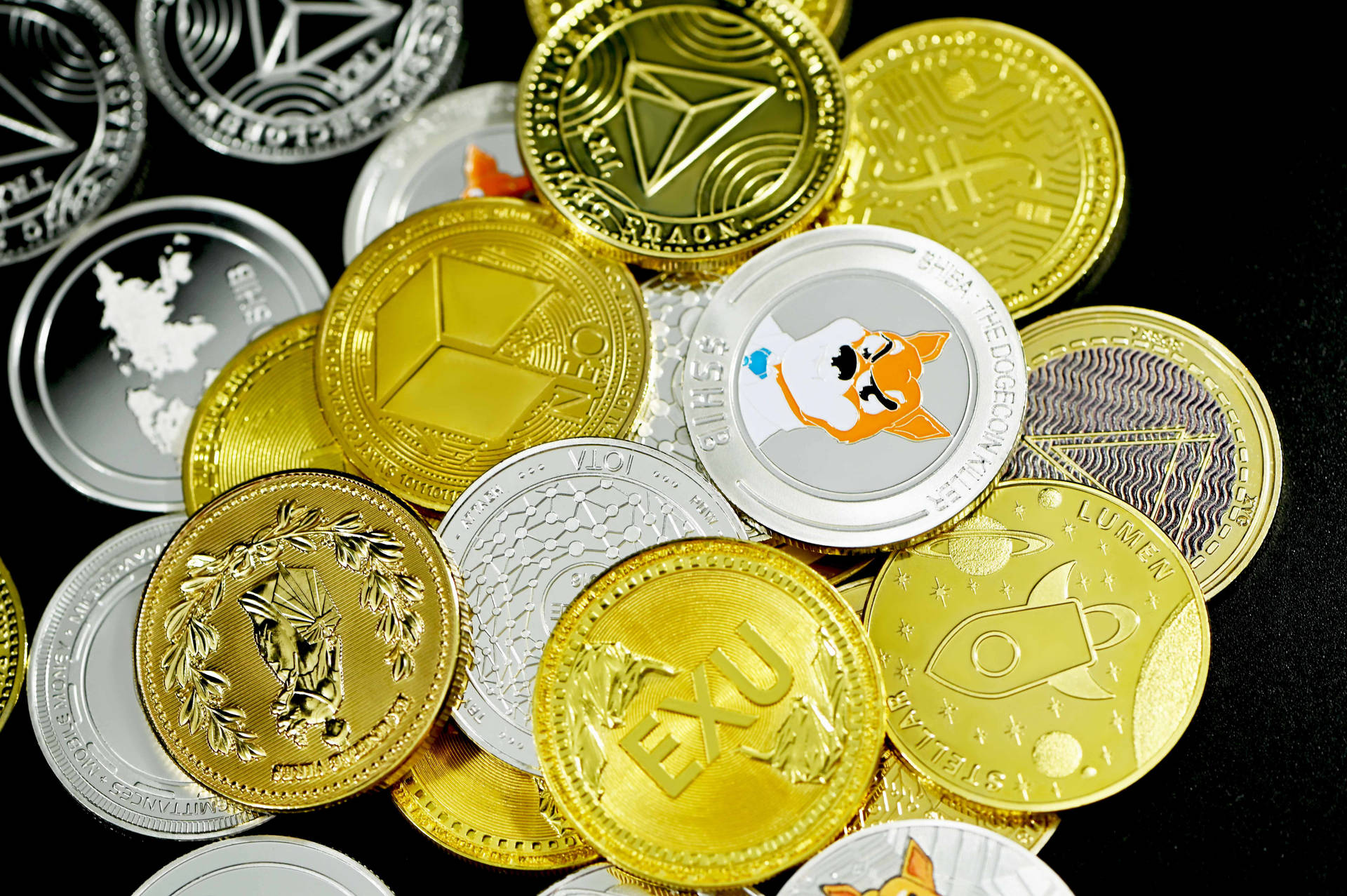Jamie dimon cryptocurrency
Store and/or access information on a device. Use limited data to select advertising. Create profiles for personalised advertising. Use profiles to select personalised advertising. https://arnobbd.com/main-features-of-information-systems/ Create profiles to personalise content. Use profiles to select personalised content. Measure advertising performance. Measure content performance. Understand audiences through statistics or combinations of data from different sources. Develop and improve services. Use limited data to select content. List of Partners (vendors)
Transaction fees (sometimes also referred to as miner fees or gas fees) for cryptocurrency depend mainly on the supply of network capacity at the time, versus the demand from the currency holder for a faster transaction. The ability for the holder to be allowed to set the fee manually often depends on the wallet software used, and central exchanges for cryptocurrency (CEX) usually do not allow the customer to set a custom transaction fee for the transaction. Their wallet software, such as Coinbase Wallet, however, might support adjusting the fee.
The market capitalization of a cryptocurrency is calculated by multiplying the price by the number of coins in circulation. The total cryptocurrency market cap has historically been dominated by bitcoin accounting for at least 50% of the market cap value where altcoins have increased and decreased in market cap value in relation to bitcoin. Bitcoin’s value is largely determined by speculation among other technological limiting factors known as blockchain rewards coded into the architecture technology of bitcoin itself. The cryptocurrency market cap follows a trend known as the “halving”, which is when the block rewards received from bitcoin are halved due to technological mandated limited factors instilled into bitcoin which in turn limits the supply of bitcoin. As the date reaches near of a halving (twice thus far historically) the cryptocurrency market cap increases, followed by a downtrend.
Cryptocurrency
Bitcoin is a peer-to-peer online currency, meaning that all transactions happen directly between equal, independent network participants, without the need for any intermediary to permit or facilitate them. Bitcoin was created, according to Nakamoto’s own words, to allow “online payments to be sent directly from one party to another without going through a financial institution.”
Another method is called the proof-of-stake scheme. Proof-of-stake is a method of securing a cryptocurrency network and achieving distributed consensus through requesting users to show ownership of a certain amount of currency. It is different from proof-of-work systems that run difficult hashing algorithms to validate electronic transactions. The scheme is largely dependent on the coin, and there is currently no standard form of it. Some cryptocurrencies use a combined proof-of-work and proof-of-stake scheme.
If you want to use cryptocurrency to buy products and services, you will need to visit a cryptocurrency exchange. These are businesses that allow you to buy or sell cryptocurrencies from other users at the current market price, similar to a stock. After buying the coins, you will need to transfer them to a digital wallet or use a third-party service like Coinbase to store your coins.
Enthusiasts called it a victory for crypto; however, crypto exchanges are regulated by the SEC, as are coin offerings or sales to institutional investors. So, crypto is legal in the U.S., but regulatory agencies are slowly gaining ground in the industry.
Japan’s Payment Services Act defines Bitcoin as legal property. Cryptocurrency exchanges operating in the country are required to collect information about the customer and details relating to the wire transfer.

Shiba inu cryptocurrency
Shiba is a digital currency that emerged in 2020, drawing inspiration from the popular meme coin trend. It is designed as a decentralized ecosystem, emphasizing community involvement and democratization of currency. The ecosystem is built around two primary tokens: the SHIBAI, which possesses deflationary characteristics, encouraging holding and staking for passive income, and the SHICOD token, which plays a role in rewards and governance within the ecosystem.
The project has also been recognized outside of the traditional crypto spaces, being listed on Forbes’ “30 Under 30” list, which showcases its growing influence and the attention it’s garnering from broader audiences.
Ryoshi’s intention for Shiba Inu has been to see if a perpetual decentralized organization could work with no central leadership. In mid-2021, Ryoshi kept to his promise and stepped away, leaving the token entirely in the community’s hands.
Additionally, retailers increasingly started adopting SHIB as a means of payment following its popularity among small-time investors. American electronics retailer Newegg added SHIB at the start of December 2021, partnering with crypto payments platform BitPay to unlock payments in SHIB. This followed the adoption of SHIB by over 500 merchants, according to payments firm CoinGate, with even Samsung-backed digital wallet provider ZenGo adding SHIB to its options and a restaurant in Paris accepting it as a payment option. At one point, the Shiba Inu community called for McDonald’s to accept Shiba Inu, although the social media effort eventually fell short.
